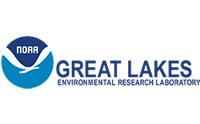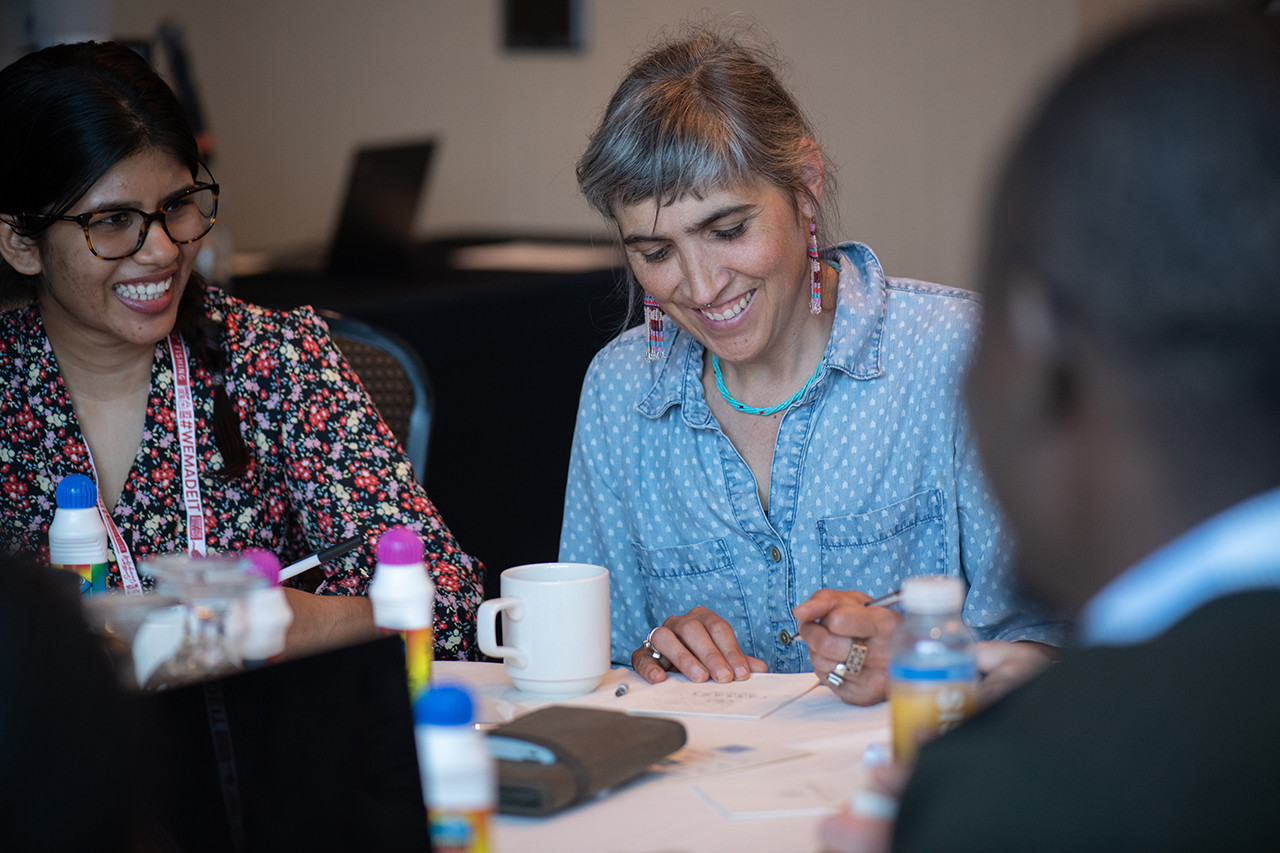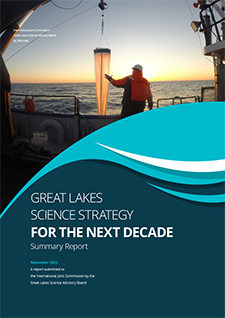
Take a deeper dive with these learning opportunties.


The International Joint Commission’s Science Advisory Board has prepared a Great Lakes Decadal Science Strategy (view summary report) and is currently developing a more detailed Great Lakes Science Plan. The Science Plan will provide a compelling rationale for the need for an expanded science enterprise, describe science gaps and needs, identify an appropriate management and governance approach, and estimate the needed level of investment. This World café style facilitated mini-workshop, being held in conjunction with the IAGLR annual conference, is an opportunity to provide feedback and additions to formative content of the Science Plan. Attendees will provide input on two topics of their choosing that would benefit from further development (candidate topics include governance, training & workforce development, Indigenous Science, research infrastructure, and implementation considerations & business case) followed by a Plenary discussion of breakout group findings and recommendations. Insights from participants will be considered in development of the Science Plan, which will be finalized by the end of 2025.
Workshop registration is required. May register for in-person or virtual attendance.
Improv comedy can provide tools to enhance all forms of science communication. Improv teaches performers how to be comfortable in an unknown situation and how to be mentally present and react in-the-moment. It requires active listening and the confidence to trust your instincts. Improv can also serve as a much needed creative outlet for professionals to practice communication skills without the stress of being technically correct or being critically evaluated by our peers and mentors. In this workshop, we will practice games like presenting on a random topic for 2 minutes, having to answer questions as a pretend expert in a made-up field, and interviewing for a mystery job. Past participants have said that Sci-Comedy workshops have helped them find ways “to incorporate my own personality and uniqueness into how I approach science” and have given them confidence to “go with the flow” and “shake off” any unplanned disturbances during a talk. Improv theater is rooted in providing entertainment for audiences, and I want to share how to deliver important scientific information in an informative yet approachable manner.
Workshop registration is required.
Join Margaret Docker, lead editor of the Journal of Great Lakes Research for this workshop designed especially for students and other early career researchers. Sponsored by Elsevier, the workshop will provide an overview of the process involved in preparing and submitting manuscripts for publication. It will include tips to increase your chance of success, discussion of factors to consider when choosing a journal, insights into the peer review process, and discussions regarding equity in publishing, the use of generative AI, and the pros and cons of serving as a peer reviewer.
Please register for each workshop separately. You'll find a registration link at the end of each workshop description, once available. Note that conference registration is separate.